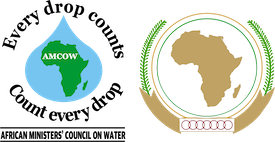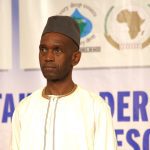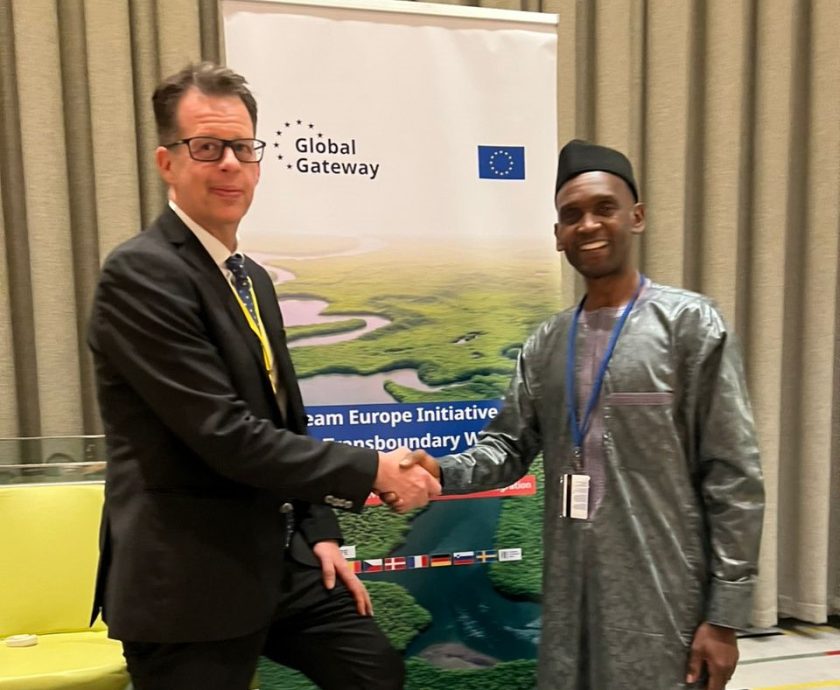PRESS RELEASE
May 19, 2023
The Nile Basin Initiative (NBI) hosted a High-Level Meeting on Transboundary Water Resources Management in Africa, ENTEBBE, Uganda – From May 23rd to May 26th, 2023, approximately 75
participants comprising senior management from African River and Lake Basin Organisations, Regional Economic Communities (RECs), the African Ministers’ Council on Water (AMCOW), members of the Diplomatic Corps in Uganda, and representatives of Development Partners convened at Speke Commonwealth Resort, Munyonyo, to discuss joint planning and implementation of water
governance, transboundary water management and development.
Organised by the African Network of Basin Organisations (ANBO) in collaboration with NBI, AMCOW, GIZ, and the World Bank, this pivotal high-level four-day meeting was held in recognition of the need for closer cooperation among these institutions to not only enhance their respective organisational capacities but also increase their responsiveness to the needs of the continent.
The objectives of this continent-wide stakeholder engagement include the following:
- Identifying sector areas on transboundary water resources management for joint planning and implementation.
- Leveraging partnerships and other transboundary cooperation arrangements that will support the management of shared water resources.
- Agreeing on mechanisms to promote the implementation of continental and global commitments on water and sanitation, including Africa Water Vision 2025, PIDA-PAP II water projects, AU Agenda 2063, and SDG 6.
- Preparing a Joint Action Plan for implementation and reporting on the meeting outcomes.
The Rt. Hon. Rebecca Alitwala Kadaga, the First Deputy Prime Minister and Minister of East African Affairs of the Republic of Uganda opened this high-level meeting as the Guest of Honor. Professor Patrick Otieno Lumumba delivered the keynote address. In her remarks, Hon. Kadaga said that Africa’s shared water resources present opportunities for socioeconomic development for riparian countries. Also, she stressed that knowledge and investment are required to translate these resources into social, economic, environmental, and political benefits for the populace.
Many African Member States recognise that the development of water infrastructure is a key driver of socioeconomic development, and it is worth noting that 64 percent of Africa’s surface area is composed of the transboundary river and lake basins. However, despite this abundance, these shared water resources are under-utilised and, at the same time, at risk of dwindling due to human activities exacerbated by climate change impacts.
African Member States have common developmental goals for the well-being of their respective citizens, and addressing these goals requires a cooperative approach – especially in the transboundary lake and river basins. This high-level stakeholder engagement is the first step in exploring possible areas of collaborative action. It offers a platform for learning and exchanging experiences and lessons learned in transboundary water management.
Following this four-day engagement, a joint Action/Engagement Plan for implementing regional and global commitments will be developed and reporting on the general meeting outcomes.











